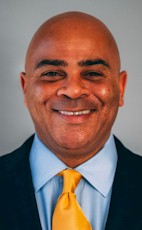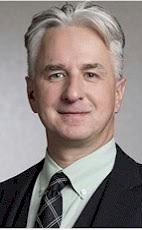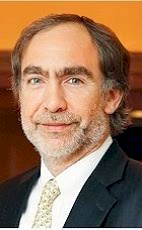
Pechanga Resort Casino, located in inland Southern California, is the West Coast's largest resort/casino. Its head chefs are nearly all millennials, but they're overseen by one Gen X chef. If he's at the executive chef level, why does he still feel the need to get on the front lines with all of them? Why would he spend the very small amount of free time he has sitting in traffic to get to Los Angeles to check out one restaurant? Duane Owen seeks out culinary knowledge everywhere he goes, and with it, he pushes his proteges to be and do better. READ MORE



















